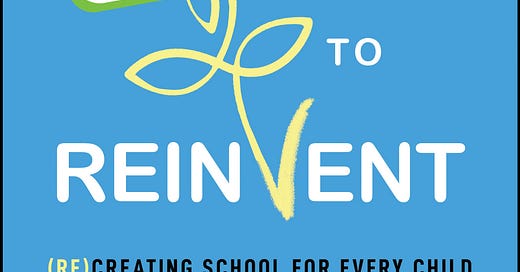6 Trends to Watch in K–12 Schools in 2024
As we move through the beginning of 2024, parent power, rethinking assessments, and career technical education for every student are some of the trends rippling through K–12 education. Here are six of the top trends for educators, parents, and policymakers to understand.
1) The rise of homeschooling
It's not new to note that homeschooling has grown significantly over the last few years since the start of the pandemic and diversified even more. Even the mainstream media has picked up on the trend and called it the fastest growing segment of schooling. My read is slightly different. The news should be that the growth in homeschooling from the pandemic is proving much stickier than people originally expected it to be. But the breakneck growth has slowed. It may even be declining.
2) Parent power
The bigger trend is that parents are feeling much more empowered to make choices about their children’s education. Not only are they choosing homeschooling, but more families are also choosing other alternative forms of schooling, such as private schools, charter schools, virtual schools, microschools, and a variety of hybrid homeschooling arrangements in which parents are stitching together their child’s schooling from a range of options.
Parents are also exerting themselves within schools by advocating for changes in curriculum and instruction—whether that’s to move to reading instruction in line with the evidence of how students become good readers or in the way the books in a school library reflect a community’s values.
But broadly speaking, this parent-power movement is creating a flourishing of different schooling arrangements as parents want to ensure their children are making progress in their development. A big question for this movement will be the sustainability of the supply of microschools and other educational options. Many of the microschools that have popped up are small co-ops that a single teacher who is disaffected with their public school decided to create. Will these communities be sustainable in the long run? It’s unclear at best. For-profit and non-profit companies are also continuing to grow to fuel the microschool movement—from Wildflower School’s Montessori microschools to Acton Academy and Kaipod Learning.
3) Education savings accounts
Keep reading with a 7-day free trial
Subscribe to The Future of Education to keep reading this post and get 7 days of free access to the full post archives.




